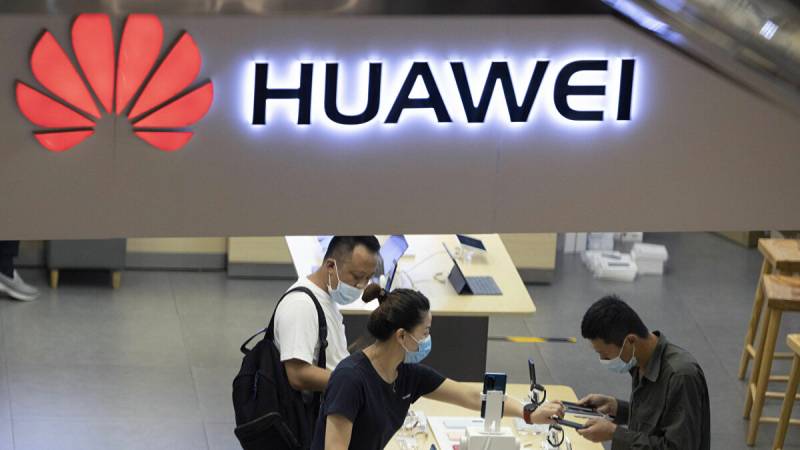Earlier, the US restricted foreign companies from selling chips to China’s Huawei if they use American tech due to national security concerns. It is believed that these restrictions can still be avoided if a necessary license is obtained – however, so far Washington has been reluctant to provide international chipmakers with consent.
Two Japanese companies, tech conglomerate Sony and memory chipmaker Kioxia, have asked for US approval to supply components to Chinese tech giant Huawei in an attempt to bypass the existing ban, Nikkei Asian Review revealed.
Sony and Kioxia are not the only firms that are willing to continue their trade with Huawei, as South Korea’s Samsung Electronics and semiconductor SK Hynix have also requested but have not yet received a green light from the US Department of Commerce. The desired approval is necessary if companies want to continue relying on American software, as Washington has prohibited any companies using US-based tech from selling chips to Huawei or any of its affiliates.
S&P Global Ratings agency revealed in July that Asian Pacific technological companies that conduct business with the Chinese giant were risking losing around $25 billion in revenue due to these restrictions introduced by the US. The firms in question include Semiconductor Manufacturing International Corporation and Taiwan Semiconductor Manufacturing Co (TSMC).
Sony and Kioxia, which are vital suppliers of 5G tech components, also have a lot to lose. According to estimates, Huawei remains the second-biggest buyer of Sony’s image sensor after Apple, accounting for about a fifth of the company’s $9.5 billion in sales in this sector.
In August, Sony predicted that its profit in the image sensor sector is expected to decline by 45% for the year ending next March due to a drop in smartphone sales during the coronavirus pandemic. The Trump administration’s assault on Huawei is also not helping the Japanese giant to retrieve its profits.
The US started its crusade against the Chinese titan last year, accusing the company of espionage activities and deliberate introduction vulnerabilities in its equipment, something strongly denied by Huawei officials. In May 2019, the company was blacklisted from conducting business with American firms. However, the California-based corporation Intel has recently revealed that it had managed to obtain licenses from the US government in a bid to supply Huawei with certain products.






